Facts & Figures of Indian Institute of Food Processing Technology:
|
Founded In |
1967 |
|
Running Under |
Ministry of Food Processing Industries, Govt. of India |
|
Affiliated by |
Tamil Nadu Agricultural University, Coimbatore |
|
Approved by |
AICTE, New Delhi |
|
Type |
Public |
|
Library |
35,000 books and 50 Indian & 15 International journals |
|
Laboratories |
19 world class and 10 R & D Labs |
|
Collaboration |
13 National and 13 International Institutions |
|
Campus |
Located at Thanjavur, the ancient capital of Chola Kingdom and the granary of Tamil Nadu |
|
Nearest Metropolitan City |
Thanjavur |
|
How to Reach |
|
NIFTEM Thanjavur (IIFPT) JEE Main Cutoff 2024
IIFPT now renamed as NIFTEM offers admission to B.Tech based on JEE Main scores followed by JoSAA counselling. Candidates can check the table below for NIFTEM Thanjavur B.Tech Cutoff 2024 (R1) for general category:
| Academic Program Name | Quota | Opening Rank | Closing Rank |
|---|---|---|---|
| Food Technology (4 Years, Bachelor of Technology) | AI | 8890 | 71105 |
Why to Join Indian Institute of Food Processing Technology:
- IICPT has collaborated and signed MOUs with many international institutions across India and the World
- Provide training for upgrading the skills of academicians, research students and food processing entrepreneurs and manpower for promoting growth of new food industry and entrepreneurship in the country.
- Meritorious students are offered short to long term trainings and research experiences in the international and national institutional laboratories
![Indian Institute of Food Processing Technology - [IIFPT]](https://static.zollege.in/public/college_data/images/logos/col6638.jpg?tr=h-94,w-94,c-force)
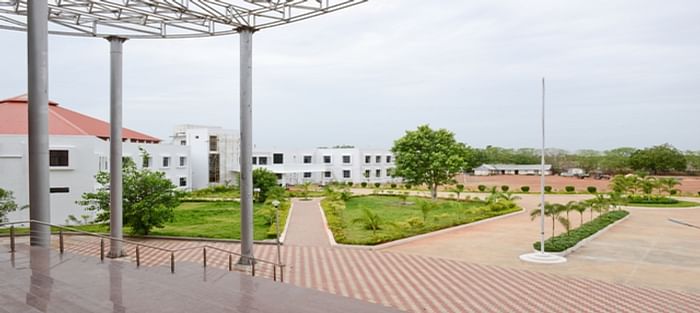
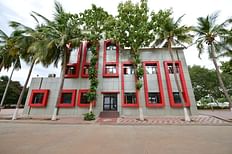
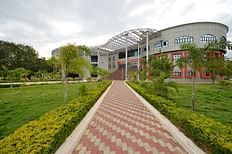
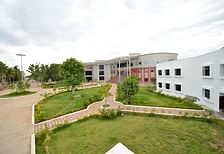
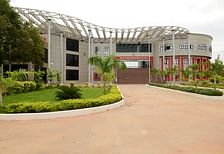

![Dhaanish Ahmed College of Engineering - [DACE]](https://static.zollege.in/public/college_data/images/logos/col28161.gif?tr=h-40,w-40,c-force)
![Sri Venkateswara College of Engineering & Technology - [SVCET]](https://static.zollege.in/public/college_data/images/logos/1459510779SVCET.jpg?tr=h-40,w-40,c-force)
![Dhaanish Ahmed College of Engineering - [DACE]](https://static.zollege.in/public/college_data/images/appImage/13342_DACE_New.jpg?tr=h-100,w-200,c-force)
![Sri Venkateswara College of Engineering & Technology - [SVCET]](https://static.zollege.in/public/college_data/images/appImage/15282_SVCET_NEW.jpg?tr=h-100,w-200,c-force)